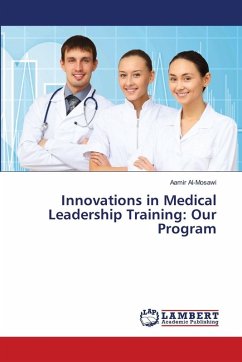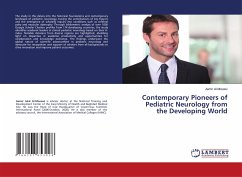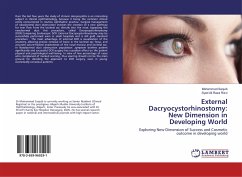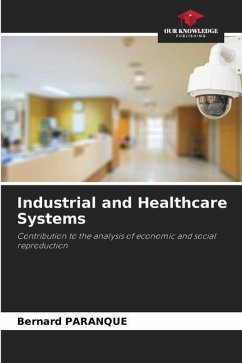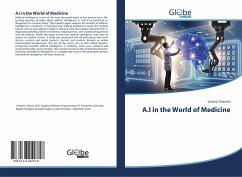
Medical Education and Training: Innovations from the Developing World
Versandkostenfrei!
Versandfertig in 6-10 Tagen
29,99 €
inkl. MwSt.

PAYBACK Punkte
15 °P sammeln!
The literature on global medical education reform often emphasizes initiatives led by institutions in high-income countries. Consequently, the significant contributions of educators and physician-scholars from the developing world remain under-documented. This lack of representation obscures examples of innovation and resilience that could inform policy and practice both locally and internationally. This study documents and analyzes the significant contributions in medical education and training, with a focus on the developing-world context. Contributions spanned Asia, Africa, the Middle East,...
The literature on global medical education reform often emphasizes initiatives led by institutions in high-income countries. Consequently, the significant contributions of educators and physician-scholars from the developing world remain under-documented. This lack of representation obscures examples of innovation and resilience that could inform policy and practice both locally and internationally. This study documents and analyzes the significant contributions in medical education and training, with a focus on the developing-world context. Contributions spanned Asia, Africa, the Middle East, and the Caribbean. Notable examples include leadership training programs in Bangladesh, Iraq, and the UAE; TOT and community-based learning models in Ghana and Iraq; specialty training in pediatric psychiatry, pediatric surgery, and surgical residency in Iraq, Kenya, and Haiti; and multilingual dissemination of educational resources. Equity-focused initiatives ranged from gender advocacy inWest Africa to rural outreach in Kenya.Innovations from the developing world demonstrate that capacity building in medical education can originate locally and influence global practice.



